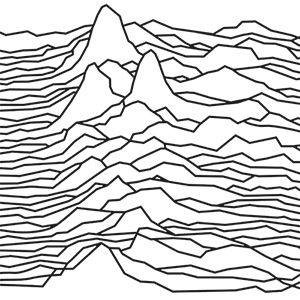Ultimate Fantasy 88 Wonderful Childhood
Let me begin by telling you my ultimate fantasy.
I never had a childhood.
I had a wonderful childhood. My childhood was filled with fairy tales, unicorns, princesses, and stilettos. It was all so very exciting and yet utterly terrifying. The land was lush and the trees were red and the sky blue. There was a cottage nearby that we called the Well of the Fairy Godmother. It was a spring wonderland and the spring blossomed so thick and the air so rich with promise that it seemed the very heavens themselves were calling us home.
I grew up believing that fairy tales were just a bunch of pretty stories that children told to frighten themselves into sleeping through school. It was a constant battle to keep my mind off the white noise of nursery rhymes and Hello Kitty greeting cards. As I got older I began to question everything I had been taught, from Winnie the Pooh to the value of Chantal from Les Miserables.
The year was 1952. Les Miserables had just come out, and it was at this exact moment that I decided that I had enough of being a “good little sissy” and left school. Les Miserables is a movie about two spoiled young ladies, and the plot is incredibly melodramatic, weaving in and out of love triangles, betrayals, reconciliations, and downright betrayals. I had never considered it, until that moment, that there was any heterosexual in it. At that moment, fairy tales and feminism hit a wall. Fairy tales were so very feminine. They were so much in control. Feminism was all about women being leaders, having their say, being heard. I could no longer sit and watch Beauty and the Beast. There was something so wrong with the way I was being taught and it hit me. I had been dabbling in lesbianism for quite some time. I had become enamored with Beulah, the spoiled little fairy who spoiled everything. I was a rotten little sissy.
Seed
What does it mean for sexuality to be lived as oriented? What difference does it make what or who we are oriented toward in the very direction of our desire? If orientation is a matter of how we reside in space, then sexual orientation might also be a matter of residence, of how we inhabit spaces, and who or what we inhabit spaces with. After all, queer geographers have shown us how spaces are sexualized. If we foreground the concept of “orientation,” then we can retheorize this sexualization of space as well as the spatiality of sexual desire. What would it mean for queer studies if we were to pose the question of the orientation of sexual orientation as a phenomenological question?
Let me begin by telling you my ultimate fantasy. . .
Corpus
- Queer AI
- Trained Model
- Perplexity 0.9
- Seed 956, 942
Credits
Prompt adapted from Queer Phenomenology by Sara Ahmed
